Living with tinnitus
-
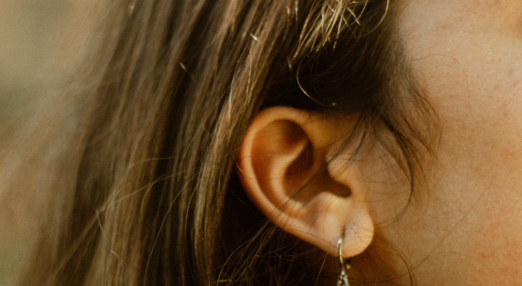
Tinnitus and ear wax
General advice says to leave ear wax alone. However, ear wax build-up can affect how well hearing aids work, and for some people can trigger tinnitus. If ear wax build up is bothersome, it should be treated.
Read more
-

Tinnitus and sleep disturbance
About the sleep cycle, effects of poor sleep and tips to help you have a restful night.
Read more
-

Tinnitus and menopause
Can the menopause cause ringing in the ears?
Read more
-

Tinnitus and flying
How to have a comfortable flight if you have tinnitus
Read more
-
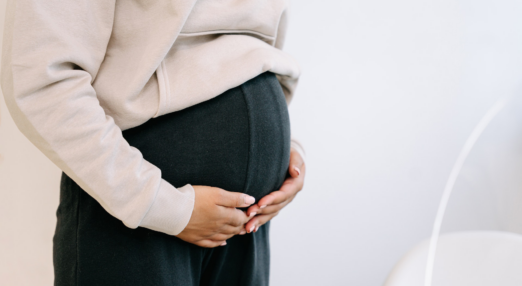
Tinnitus and pregnancy
Tinnitus in pregnancy is very common and although it can be scary at first, it is usually temporary, and generally not a symptom of anything more serious.
Read more
-
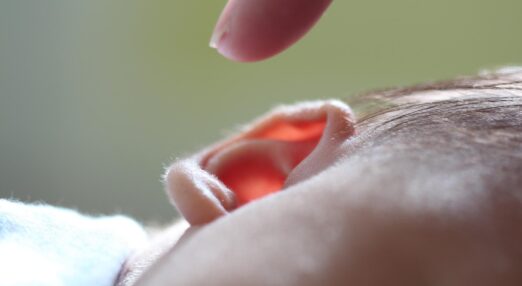
Tinnitus and cochlear implants
A 60-minute webinar exploring the use of cochlear implants and the benefits these can have on tinnitus
Read more
-

Tinnitus, food and drink
Exploring the research around potential triggers.
Read more
-
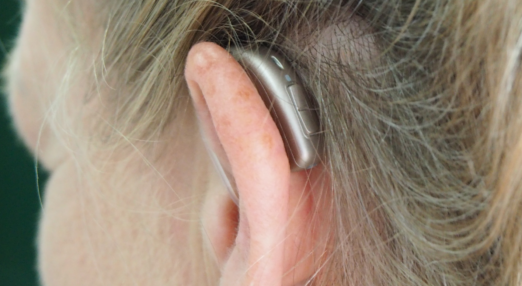
Tinnitus and hearing aids
How hearing aids can help to relieve tinnitus and improve quality of life.
Read more
-
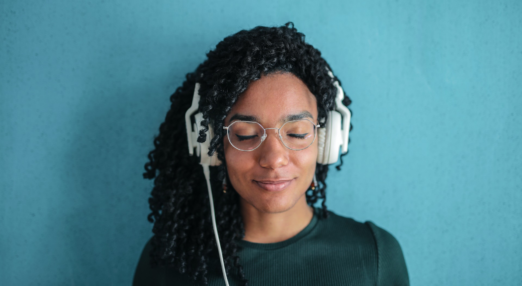
Tinnitus and hearing loss
Tips for people with severe-profound hearing loss to help them manage their tinnitus.
Read more
-

Taming tinnitus
Tips for forgetting tinnitus during the day and resting well at night
Read more
-

Drugs and tinnitus
Most drugs do not cause tinnitus. There are a handful of prescribed and over-the-counter medicines which may have links to tinnitus when taken in large doses.
Read more
Keep this support free
We hope you found this help and advice useful. Make sure it stays free for the next person by donating today. #PassItOn
Donate todayLatest tinnitus news
-

Welcoming Robin Greenwood as our new CEO
We are thrilled to welcome Robin Greenwood to Tinnitus UK this week as our new interim Chief Executive Officer. Robin will lead the team while a permanent CEO...
-

Update on Tinnitus Week 2024
Last month we launched our Tinnitus Week report, ‘Revealing the struggle for silence: Tinnitus UK highlights the alarming mental health crisis amid a void of support’.

